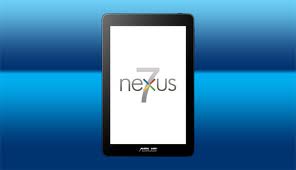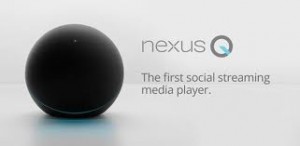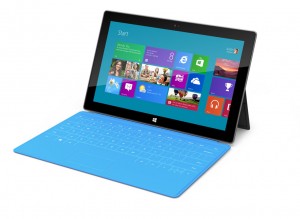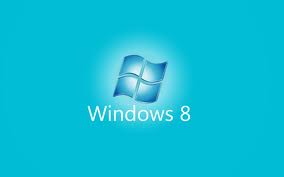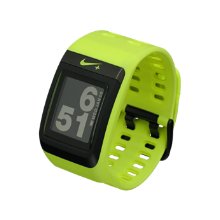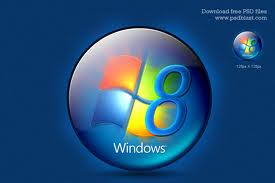Google is now asking for $4 million from Oracle to cover Google’s legal expenses it incurred during its recent copyright and patent infringement battle. According to a piece in Wired, Google claims that since it prevailed on the majority of issues it is entitled to recovery costs.
It has not made public an individual breakdown of the bill but it includes $2.9 million for the copying and organization of the 97 million documents used in the case. Oracle has already said that it will appeal the case.
Google Nexus component costs = $184
A teardown on the recently announced Google Nexus 7 appears to show that the company is basically selling the device at cost, something that is also believed to be true of its rival Amazon’s Kindle Fire. According to research done by Tech Insights a list of the components are available.
From the list it appears that a $199 version of the device would have a cost of $184, leaving the company a whopping $15 profit, as long as there was no shipping and handling charges for it. It looks like the razor/razor blade model is alive and well.
Top 5 Tablet companies
Google entered the tablet space to a great deal of fanfare last month when it introduced its Nexus 7, a 7-inch tablet that is being manufactured by AsusTek. Yet as even the most casual observer notes, Apple continues to dominate this space and new players are expected to enter with the expected onslaught on Windows 8-powered tablets including Microsoft’s Surface tablet will also be available, greatly increasing the level of competition in this space.
According to market research firm HIS iSuppli, as reported by the Ventura County Star, last year Apple owned 62% of the market with 40.5 million iPads sold.
2) Samsung 9% 6.1 million Galaxy’s sold
3) Amazon 6% 3.9 million Kindles
4) Barnes & Noble 5% 3.3 million Nooks
5) AsusTek 3% 2.1 million Transformers
• Other, 9.4 million, 14 percent
Samsung to offer Windows RT Tablet in fall?
Samsung is reportedly preparing a tablet that will run Microsoft’s forthcoming Windows RT software, a version of Windows 8 that is designed to operate on devices powered by the ARM processors that current dominate in the Android space.
Samsung had previously said that it would support the Windows 8 Pro that is designed to run on chips from Intel and AMD. Rival Hewlett-Packard has said that it will support Windows 8 Pro but was unclear if and when it would also support RT.
Facebook in new mobile ad push
The Wall Street Journal has reported that Facebook is addressing one of its perceived weaknesses, the lack of mobile revenue, with an advertising push that will be based on tracking which apps are used on phones.
This will not be all apps, just those that are used through its Facebook Connect feature, and then it will produce ads based on that usage. Apple and Google currently track what apps users have downloaded, and Apple targets them with specific ads while Google currently does not, the piece said.
Facebook and Yahoo kiss and make up on patents
In a move that stands out because it is so rare, Facebook and Yahoo have come to an agreement on patent infringement issues that had lead to the filing of lawsuits against each other. Rather than see the issue through the long and costly court system the two settled all patent issues between themselves.
In addition the two have launched a new advertising partnership and extended and expanded an existing distribution agreement between the two companies. As part of the advertising agreement their will work to get ads that run on both sites and work to integrate the two sites.
Leading Judge blasts US Patent system
On the flip side of the Facebook/Yahoo agreement is the Apple vs. Motorola Mobility lawsuits. U.S. Circuit Judge Richard Posner, the man who threw out the case between the two has said that the patent system resembles a jungle were rivals seek to wound foes by any means necessary.
Posner questioned whether patents should cover software in high tech and said that while it made sense to give intellectual property protection in some areas such as pharmaceuticals due to the huge investments, he wondered if that was true in other markets.
Samsung wins temporary stay on Galaxy Nexus ban
The US Court of Appeals has granted a temporary stay on the injunction that prevented Samsung from selling its popular Galaxy smartphones. Apple now has until July 12 to respond to the motion to stay, according to Foss Patents.
After Apple responds the court will then decide on a stay for the entire time that it takes fro Samsung’s formal appeal to be heard. Samsung had apparently lost its last 5 attempts to win a stay in this case, according to Foss.
